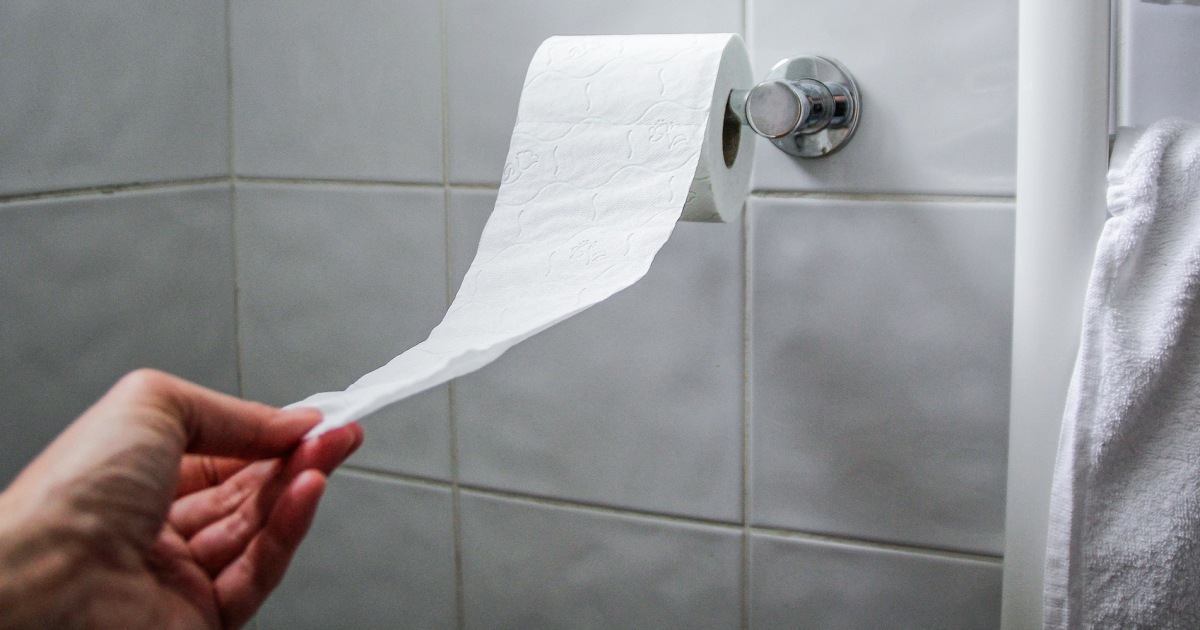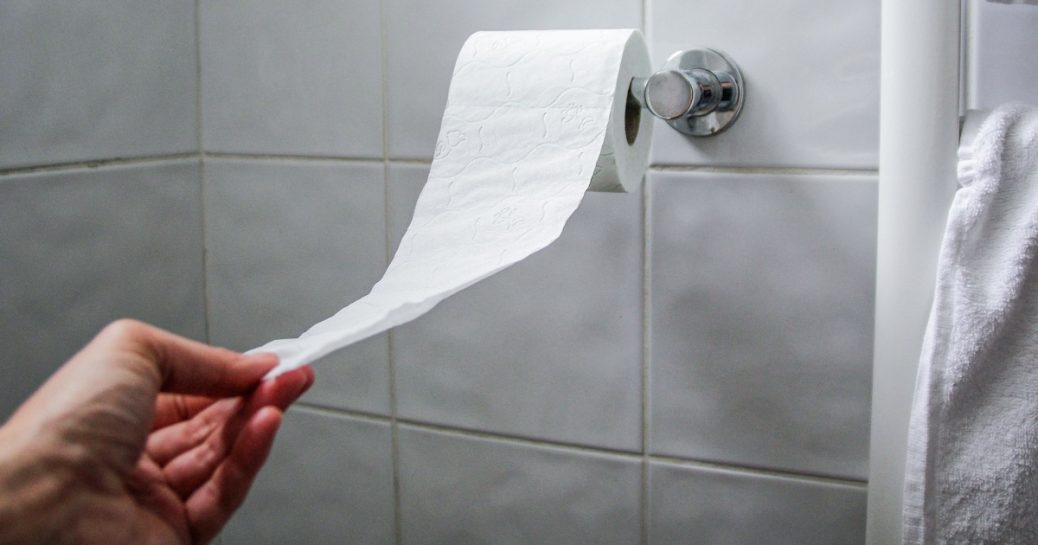
Everybody poops, but how often people go could reveal a lot about their long-term health, according to research published Tuesday in the journal Cell Reports Medicine.
The study of more than 1,400 healthy adults found that people who pooped less frequently also had signs of decreased kidney function. People on the other end of the spectrum, who went far more than normal, showed signs of impaired liver function.
“It’s well-known that things like constipation are associated with chronic disease,” said study co-author Sean Gibbons, an associate professor at the Institute for Systems Biology in Seattle.
What is less apparent is which comes first — the constipation or the chronic disease? Does constipation early in life cause chronic illness in otherwise healthy people, or is constipation a result of chronic disease?
Gibbons and his team used data from a now-defunct wellness company called Arivale to try to answer that question. The study participants were healthy, mostly white adults living in the Pacific Northwest. The researchers analyzed blood and stool samples and body mass index measurements, as well as responses to questionnaires about diet and exercise habits and mental health.
From the blood samples, the team was able to detect chemicals in the blood that indicated low organ function, including low-functioning kidneys and livers. From the stool samples, the researchers were able to genetically sequence each person’s gut microbiome, which told them the makeup of beneficial and potentially harmful microbes living there.
The researchers separated participants into groups based on how frequently they pooped: one or two bowel movements per week, three to six bowel movements per week, one to three bowel movements per day and diarrhea, which they defined as four or more times per day.
The study found the ideal number of bowel movements for optimal health was one or two a day. Younger people, women and those with lower BMIs tended to poop less frequently. Chronic constipation — two or fewer bowel movements a week — was linked with decreased kidney function, while diarrhea — going four or more times a day — was associated with decreased liver function.
Hungry microbes in search of food
The gut is full of colonies of different microbes that feed on — and ferment — nutrients in stool. Their preferred food is fiber, but if poop stays in the gut for too long, which is the case with chronic constipation, the microbes exhaust their supply. They instead turn to proteins, the source of which is usually the protein-rich mucus layer lining the gut.
“If we don’t feed our microbes, they start eating us,” Gibbons said.
It creates a three-pronged problem: When those microbes feed on proteins, they produce toxic metabolites, some of which are associated with kidney and liver dysfunction. The more bacteria have to rely on protein sources of food, the more protein-preferring bacteria, and less of the beneficial fiber-eating bacteria, there will be.
Eventually, the microbes may start breaking down the mucus membrane in their quest for food, and the gut can become “leaky.” That allows bacteria and metabolites from the gut that are toxic to other organs to spill out into the bloodstream, where they can cause inflammation that leads to heart, liver and kidney disease, said Dr. Phillipp Hartmann, an assistant professor of pediatric gastroenterology at the University of California, San Diego, who studies the interaction between the gut microbiome and other organs.
“What we can confidently say is gut permeability at least contributes to disease,” said Hartmann, who was not involved with the new research. “It may not be the only factor, but it often worsens disease.”
A similar chain of microbial events can occur if a person has diarrhea, though in that case, it’s likely to be inflammation that degrades the mucosal membrane lining the gut, which allows toxins to get into the bloodstream.
“When you have diarrhea or you have constipation, microbes will accumulate that produce toxins that influence disease,” said Joseph Petrosino, chair of molecular virology and microbiology at the Baylor College of Medicine, who was also not involved with the new research.
The study found that people who reported either regular constipation or diarrhea had more protein-feasting gut bacteria, whereas people who pooped once or twice a day had more fiber-fermenting bacteria.
Gibbons said that it’s not clear why the study found constipation was associated with kidney dysfunction and diarrhea with liver dysfunction but that it may have to do with the fact that diarrhea prevents the gut from absorbing bile acids — the product of cholesterol metabolism — which leaves more for the liver to process. The kidneys are more affected by the metabolites produced by protein-eating gut microbes.
Because the study was not a randomized clinical trial that included an intervention, the new research cannot conclude with certainty whether having more or less than one or two bowel movements a day is linked to chronic disease, but Gibbons said it appears that may be the case.
“We hypothesized that we would see more of these protein-derived toxins in the blood in people with lower bowel movement frequencies or constipation, and we did,” he said. “These things damage your liver and kidneys.”
Petrosino said that while it’s not always in a person’s control, many lifestyle factors can help keep both constipation and diarrhea at bay.
“First and foremost, it’s important to eat a healthy diet, feed yourself with foods that fertilize and promote good bacteria growth,” he said.
That includes eating plenty of fruits and vegetables and reducing alcohol and red meat. In the study, people who reported eating a fiber-rich diet, staying hydrated and exercising regularly tended to have healthier bowel movement frequency. Probiotics can be helpful if a person is dealing with chronic conditions such as an upset stomach, constipation or diarrhea, Petrosino said.
“There are probiotics that may be able to help normalize things, but if you are healthy already, I wouldn’t start taking them,” he said. “Don’t fix what isn’t broken.”










Recent Comments